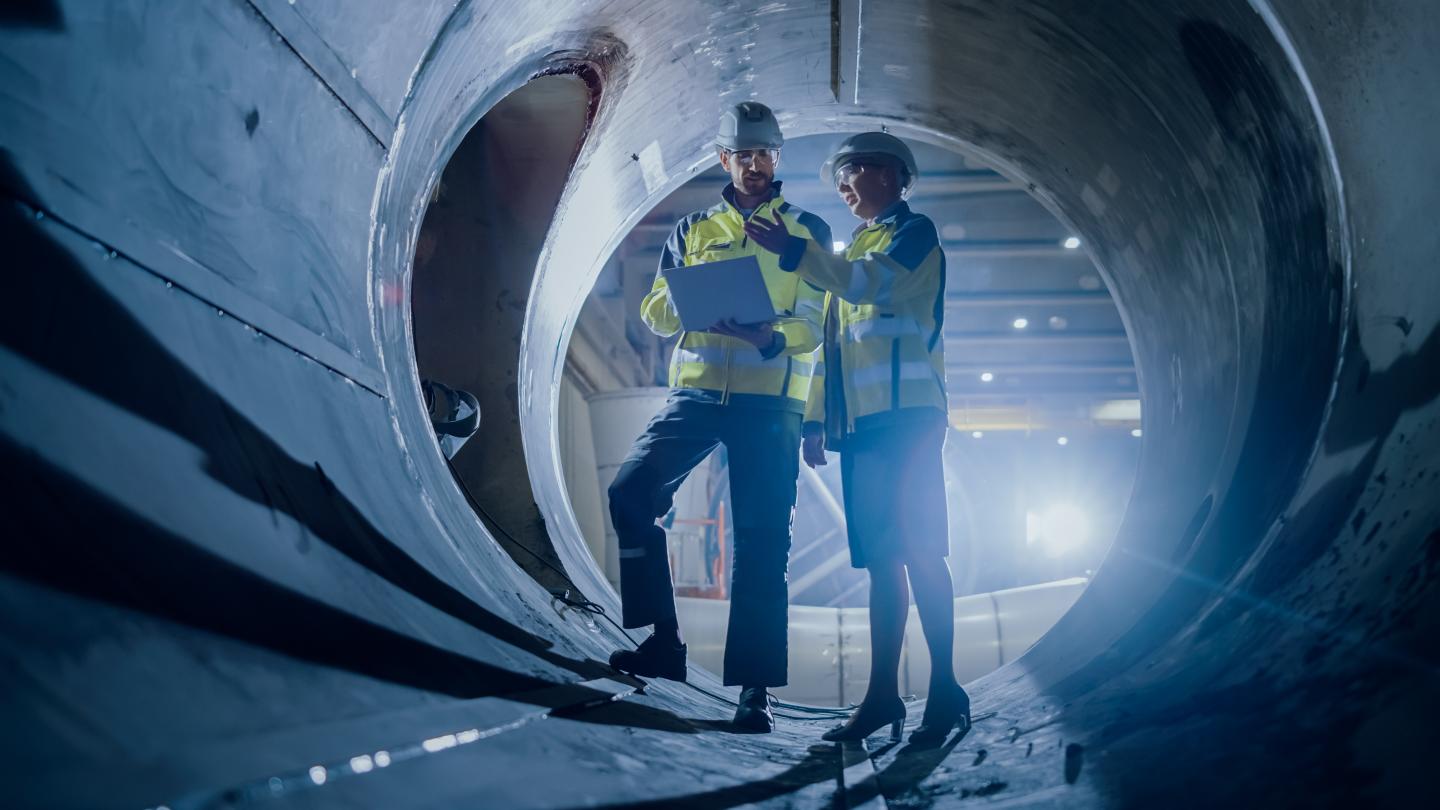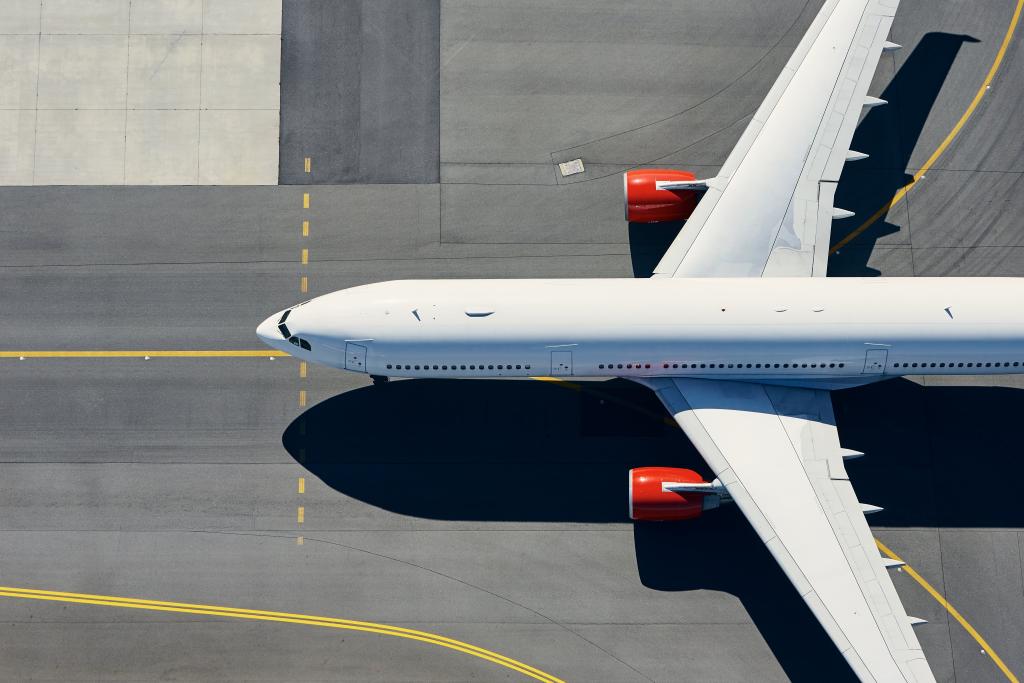INSIGHT
Will sustainable aviation fuel mark the start of “guilt-free” flights for business travelers?

Sustainability is becoming increasingly important to travelers, and many are willing to switch airlines or use alternative modes of transportation if a more ecofriendly option is available. This comes from a recent report by OAG, which found that 56% of all travelers (rising to 68% among Millennials) and 50% of business travelers would consider switching to a greener alternative.
“As more companies commit themselves to Science Based Targets goals, and emissions reduction milestones (such as Net Zero targets including 50%+ reductions by 2030), tools such as SAF will become increasingly important in the ‘sustainability toolkit’ in order to ensure these goals are met," said Glenn Thorsen, Global Sustainability Lead at FCM Consulting.
According to the International Civil Aviation Organization (ICAO), sustainable aviation fuels (SAFs) remain the best option to reduce carbon emissions – and the quickest way to achieve the aviation industry's goal of net zero by 2050.
What is sustainable aviation fuel (SAF)?
SAF is a much cleaner burning fuel than traditional fossil jet fuels and reduces emissions of harmful greenhouse gasses by 75%. It also reduces other harmful emissions like particulates and sulfur by 90% and 100%, respectively. SAF is made from sustainable resources that can be blended with any fossil jet fuel to reduce emissions without requiring modifications to the aircraft or infrastructure.
SAF has powered over 450,000 flights worldwide, and over 50 airlines now have experience with SAF, as reported by the International Air Transport Association (IATA). However, SAF is not yet widely available and accounts for less than 0.1% of the aviation fuel market.
In order to meet the growing global demand for sustainable fuel, IATA has called on national governments to introduce SAF incentives. Recent policy announcements support this premise, with several countries announcing tax incentives and updates regarding the use of SAF:
- In the US, the Inflation Reduction Act was signed into law in August, providing new tax credits for SAF.
- In July 2022, the UK announced an SAF mandate to ensure that at least 10% of aviation fuel is SAF by 2030. There are also plans to build five commercial-scale SAF facilities within the next three years.
- Australia announced plans to develop a world-leading aviation sector that is carbon neutral by 2050, and a BP Kwinana refinery is being converted to produce SAF from feedstocks.
- The Civil Aviation Authority of Singapore (CAAS), Singapore Airlines (SIA) and Temasek announced a program that allows companies to purchase SAF credits to offset carbon emissions associated with air travel.

The challenge of fueling demand for SAF
As pressure on airlines to invest in SAF increases, there is a risk that the higher cost of SAF compared to that of regular jet fuel will be passed on to passengers in the form of higher airfares. To combat this, IATA's goal is to facilitate collaboration and promote partnerships between industry and policy stakeholders as well as to provide policy support to create the necessary framework for SAF commercialization. They believe this will help remove barriers to achieving a competitive SAF market.
The issue is that SAF is still significantly more expensive than jet fuel. However, as consumer preferences change, airlines are taking SAF more seriously as a way to meet their emission targets and comply with regulations for specific destinations. SAS, Lufthansa, Qantas, Alaska, and United are already using SAF for commercial flights. American Airlines and Qatar Airways have signed on to an ambition statement to achieve net-zero emissions.
These efforts are driving demand, and as a result Shell announced in February that it has become the first supplier of SAF to airline customers in Singapore. It’s committed to working toward producing around 2 million tons of SAF per year by 2025 globally.
The role of TMCs in the SAF equation
“While we continue to innovate and look to long term solutions for decarbonizing aviation, solutions such as electrified flights are still a long way from solving the broader challenges ahead," said Thorsen. "SAF is an imperative part of the near-term strategy for any large global travel program, that is also looking to achieve meaningful sustainability goals and stay on track with any Net Zero timelines.”
One positive step is the increasing adoption of Corporate Sustainable Aviation Fuel programs, which allow companies with a corporate contract to ensure that a portion of their business travel is conducted using sustainable fuel, essentially by purchasing SAF on their behalf. However, there are only a limited number of airlines selling SAF, and due to production issues, minimal quantities of SAF are available worldwide. FCM is looking for solutions by working with airlines to encourage discussion of airline sustainability programs and subsequent adoption of those programs, including issues such as SAF.
And here technology is really coming into its own. Via our Platform and browser extension technology, FCM is developing features that provide sustainability information for travelers, including search results that provide hotel sustainability certifications; carbon emission information; carbon calculators; sustainability messaging and the promotion of in-policy bookings; and information around carbon offset programs.
Commitments like these are attractive to businesses looking for progressive travel partners. For example, Shell recently announced that it has selected FCM as its global travel provider to manage travel needs for all of its business units.
“As we begin to look at our travel with a more strategic sustainability focused lens, we start to appreciate the challenges ahead. Many travel programs that include large amounts of valuable travel will do a great job of reducing and transitioning large volumes of their emissions, but 50% reduction in a small number of years is still a very big effort, and for many travel programs, this means SAF will be a key part of the broader strategy in the years ahead.”